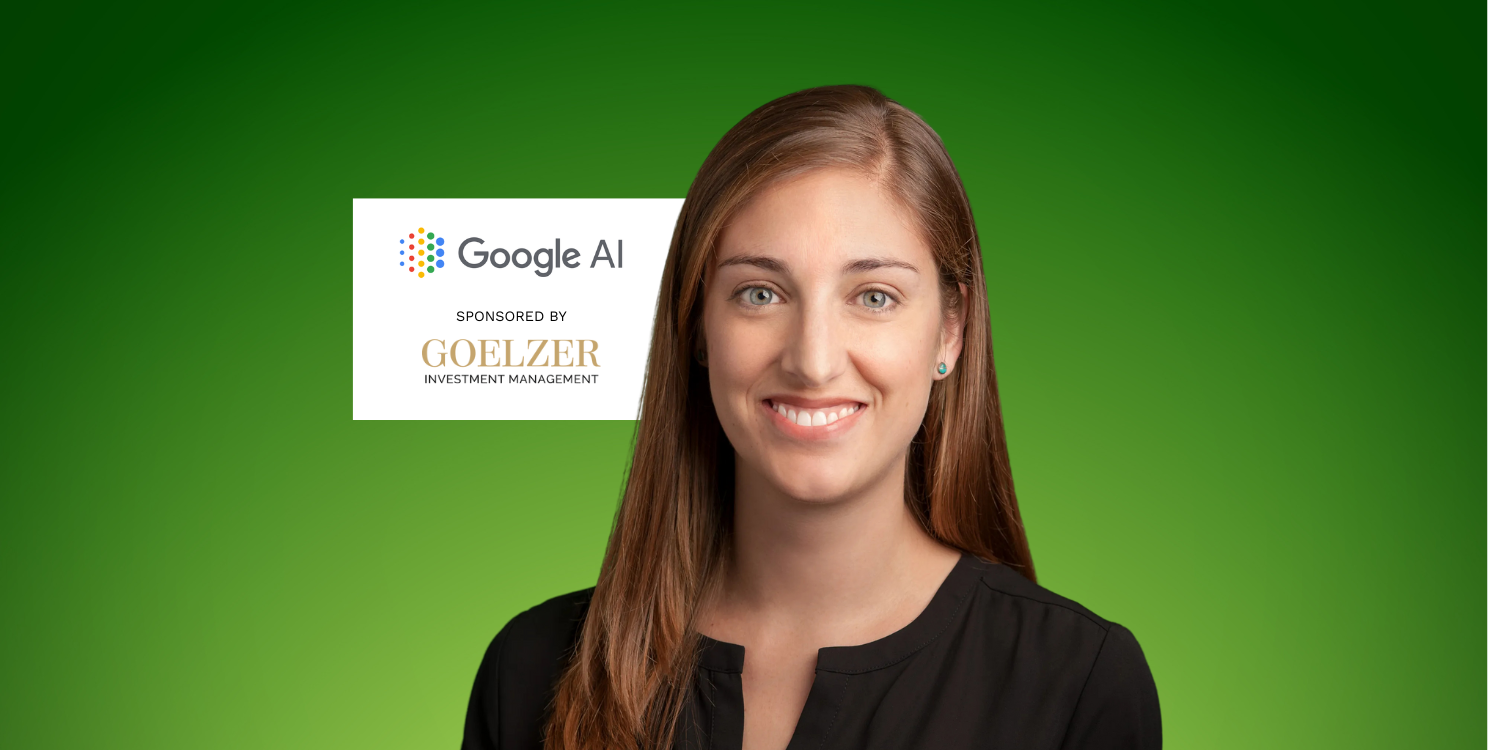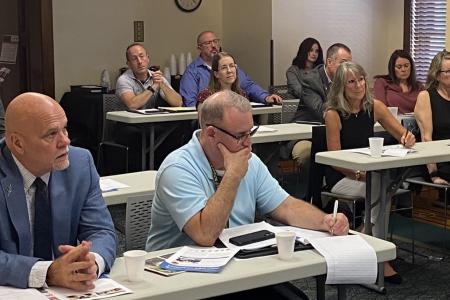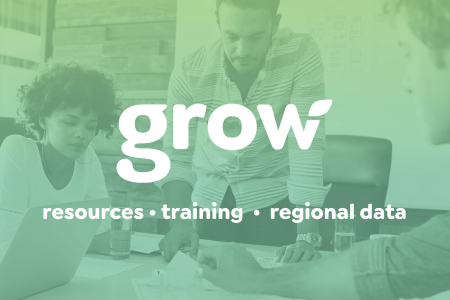How Philanthropy Can Harness AI for Good: Insights from Google’s Brigitte Hoyer Gosselink
Practical insights to help you responsibly explore and embrace AI in your work.

Artificial Intelligence (AI) is more than just the next big thing. It’s a tool that’s already transforming how nonprofits and philanthropists respond to community needs. In a recent IPA Luminaries conversation, we had the privilege of learning from Brigitte Hoyer Gosselink, Director of AI and Social Impact at Google. Brigitte brings more than a decade of experience applying technology to public good, from natural disasters to education equity.
For those who couldn’t attend, here are some key takeaways and practical insights to help you responsibly explore and embrace AI in your work.
Where AI Is Already Making an Impact
Brigitte shared compelling examples of AI driving real-world change, including:
Predicting Disasters Before They Happen
Google’s flood forecasting AI can now provide 5–7 day warnings in over 100 countries, reaching communities that previously had no access to such data. When paired with nonprofit partners like GiveDirectly and the International Rescue Committee, these forecasts allow for early warning alerts and pre-crisis cash transfers, reducing economic loss and improving recovery outcomes.
Breaking Down Language Barriers in Schools
Nonprofit TalkingPoints uses AI to translate messages between teachers and non-English-speaking parents. This supports dozens of languages beyond just Spanish and fosters stronger parental engagement, which is key to student success.
What Does “Responsible AI” Really Mean?
Brigitte emphasized that governance matters as much as the technology itself. Responsible AI requires us to ask:
- Is this tool actually helping our communities?
- Are we improving our programs—or unintentionally causing harm?
- Do we have strong data privacy practices in place?
The good news: nonprofits already know how to experiment, pilot, and test new ideas. Those same principles apply to AI.
AI Tools You Can Use Today
Brigitte offered some trusted tools that small- and mid-sized nonprofits can start using right away:
Gemini for Nonprofits
A free AI platform from Google that offers enterprise-grade security. It is ideal for organizations with sensitive program or donor data and is available through Google for Nonprofits.
NotebookLM
A free Google tool that allows you to upload your documents, reports, or data, and then ask questions directly from your own content. NotebookLM is well-suited for summarizing reports, drafting emails, or analyzing program materials.
Microsoft Copilot
An AI tool integrated into Microsoft 365 applications such as Word, Excel, Outlook, and PowerPoint. Microsoft Copilot can assist with drafting, data analysis, presentations, and meeting preparation for organizations already using Microsoft tools.
OpenAI for Nonprofits
A subscription tool that offers ChatGPT access to nonprofits at a discounted rate.
Otter.ai
A transcription tool that can capture meeting discussions, grantee calls, or event recordings, and turn them into searchable, shareable notes.
“There’s no substitute for just trying things,” Brigitte said.
Even basic data cleanup or content summarization tasks can now be offloaded to AI.
AI to Strengthen Member & Donor Engagement
Brigitte highlighted ways AI can help deepen relationships with members and supporters:
- Generate customized newsletters or updates based on prior engagement.
- Create quick case studies from internal documents or meeting transcripts.
- Analyze donor data trends to re-engage lapsed supporters more strategically.
How Funders Can Support Responsible AI Adoption
Philanthropy has a unique opportunity—and responsibility—to ensure nonprofits aren’t left behind as this technology evolves.
Brigitte encouraged funders to:
- Fund experimentation with AI tools, even if it’s a small top-up on a general grant.
- Support digital infrastructure, cybersecurity, and foundational data practices.
- Connect grantees with training resources or university partners to build internal capacity.
“We’ve underfunded nonprofit technology for decades. It’s time to change that,” Brigitte noted.
Getting Started: No Technical Expertise Needed
If you’re new to AI, Brigitte recommends:
- Taking a free online course like AI Essentials.
- Using tools like Gemini or NotebookLM with real program documents to test practical use cases.
- Hosting “sandbox” sessions for staff to safely explore AI in day-to-day workflows.
Why This Matters: AI Is Still in Early Days
Brigitte closed the session with a reminder that no one is behind. Not even small nonprofits.
“AI’s future is not pre-written. We are all part of shaping it. Civil society voices matter now more than ever.”
Tell Us How You're Using AI
Some of our members are wondering how their peers are using or thinking about using AI.
Please take a moment to let us know, and we'll share back the results.


